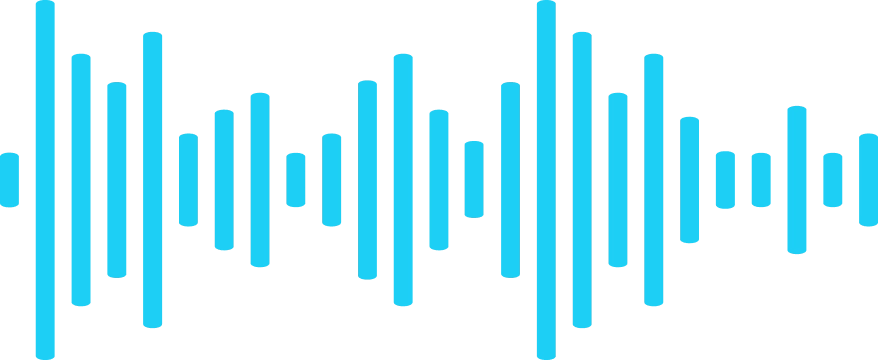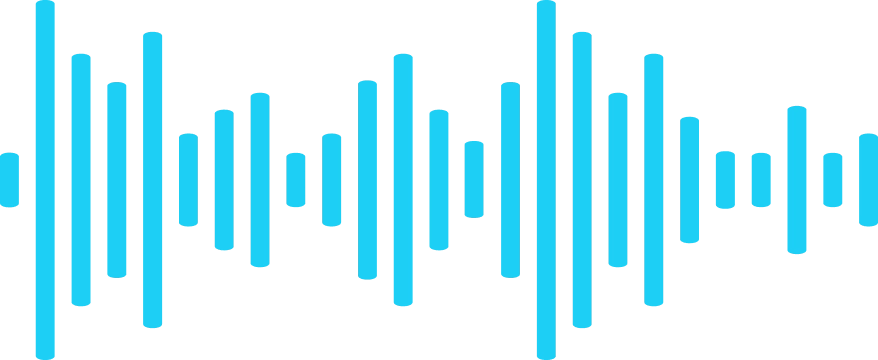What is clipping?
Clipping in music refers to a form of distortion that occurs when an amplifier is overdriven and attempts to deliver an output voltage or current beyond its maximum capability. It's a phenomenon that can have both negative and positive implications in the world of music production, depending on the context and the intention of the producer.
Understanding clipping
Audio clipping happens when an audio signal surpasses the system's maximum limit, causing parts of the waveform to be distorted or abruptly cut off. When this happens, the peaks of the sound wave are "clipped" off, leading to a change in the waveform and, subsequently, the sound that is produced. In simpler terms, volume has a limit. When it is exceeded, the waveform gets "clipped" at the top, causing distortion that usually sounds unpleasant.
It's important to note that clipping is not always undesirable. In some cases, it can be used creatively to achieve a certain sound effect. Clipping is often heard in memes, especially in many exaggerated audio effects.


Controlling clipping
While clipping can sometimes be used creatively, it should generally be controlled and avoided in most music production scenarios. There are several ways to control clipping, including careful gain staging, using limiters, and employing clipping plugins.
1. Gain staging
Gain staging is the process of managing the levels of your audio signals to prevent distortion and noise. By carefully managing the gain at each stage of your signal chain, you can prevent your signals from clipping.
2. Limiters
Limiters are tools that can be used to prevent clipping. A limiter works by setting a maximum level for a signal. If the signal exceeds this level, the limiter will reduce the gain to prevent clipping.
While limiters can be very effective at preventing clipping, they should be used with care. If a limiter is set too aggressively, it can result in a lifeless and dull sound. Therefore, it's important to use limiters judiciously and to listen carefully to the effect they have on your sound.
3. Clipping plugins
A number of available plugins can help control clipping. These plugins work by simulating the sound of analog gear, which can often handle clipping in a more musically pleasing way than digital gear.
These plugins can be a great way to add warmth and character to your sound, while also preventing clipping. However, like all tools, they should be used with care and in moderation.







